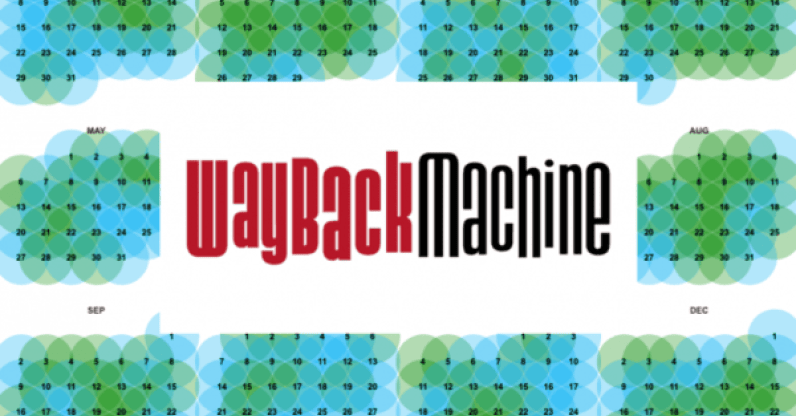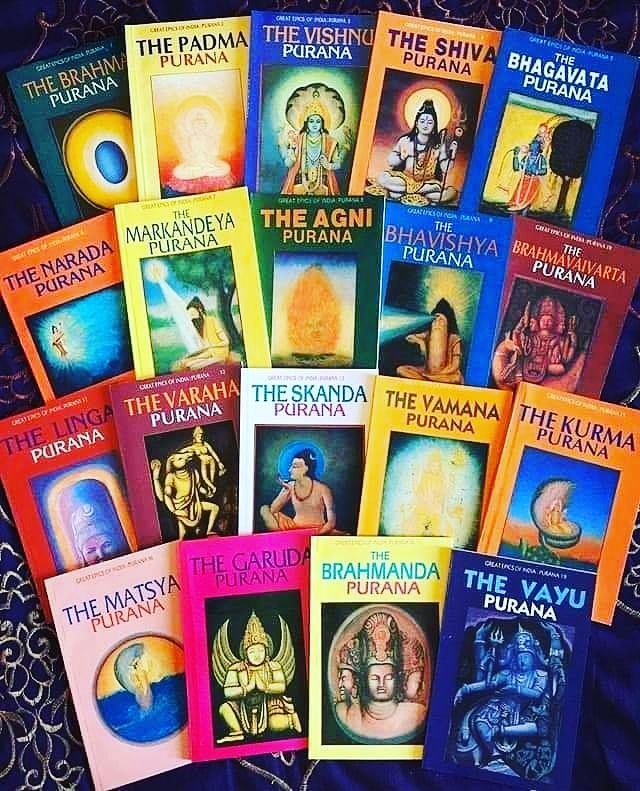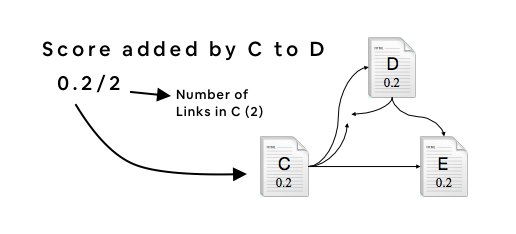Why this effect? Not because @GretaThunberg ate less meat or encouraged her family not to fly: if that's all she'd done, we'd never know her name. No, it's because she did one simple but incredibly powerful thing we can all emulate: she raised her voice to advocate for change.
"The @GretaThunberg Effect" is now an empirically demonstrated, peer-reviewed phenomenon:
— Geoffrey Supran (@GeoffreySupran) January 26, 2021
"We find that those who are more familiar with Greta Thunberg have higher intentions of taking collective actions to reduce global warming."
Open access: https://t.co/TFRyvBaNn1 pic.twitter.com/apqZdFgqfW

She raised her voice AND acted in line with the principles she advocates for. Living the change and speaking about it boosts climate communication. #ClimateCommuniActionhttps://t.co/V5askLNlKi
— Manuel Grebenjak (@ManuelGrebe) January 26, 2021
1/ https://t.co/e1MDOIiXZe
2/ https://t.co/YXr5Uq3WWN
Contrary to what many think, I don't spend my time talking to dismissives and my only helpful tip is this: don't bother, unless (a) you enjoy arguing and never getting anywhere or (b) there are other people listening who need to know there are solid answers to their objections. pic.twitter.com/KxJMdHf3NX
— Prof. Katharine Hayhoe (@KHayhoe) March 4, 2020
More from For later read
Inside: Planet Money on HP's myriad ripoffs; Strength in numbers; and more!
Archived at: https://t.co/esjoT3u5Gr
#Pluralistic
1/
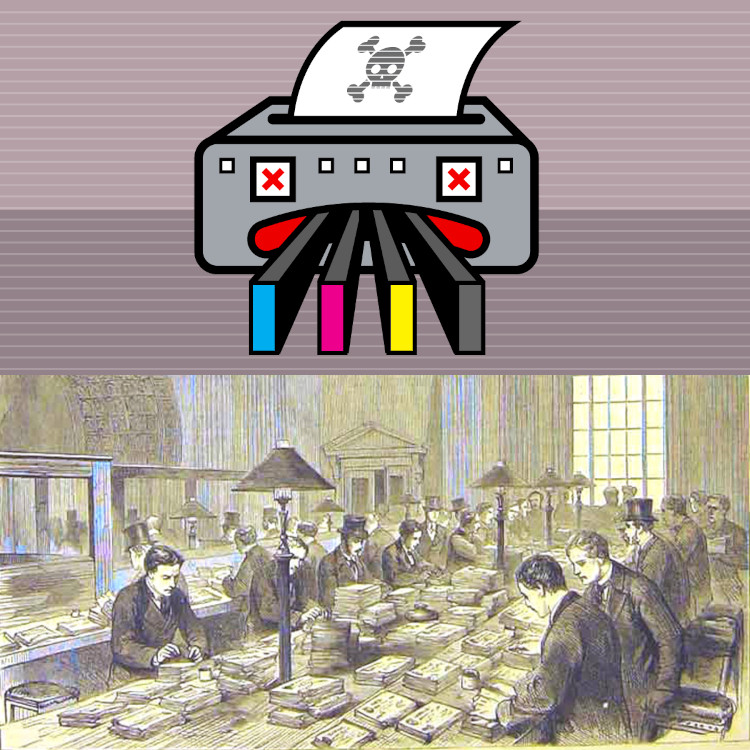
On Feb 22, I'm delivering a keynote address for the NISO Plus conference, "The day of the comet: what trustbusting means for digital manipulation."
https://t.co/Z84xicXhGg
2/

Planet Money on HP's myriad ripoffs: Ink-stained wretches of the world, unite!
https://t.co/k5ASdVUrC2
3/
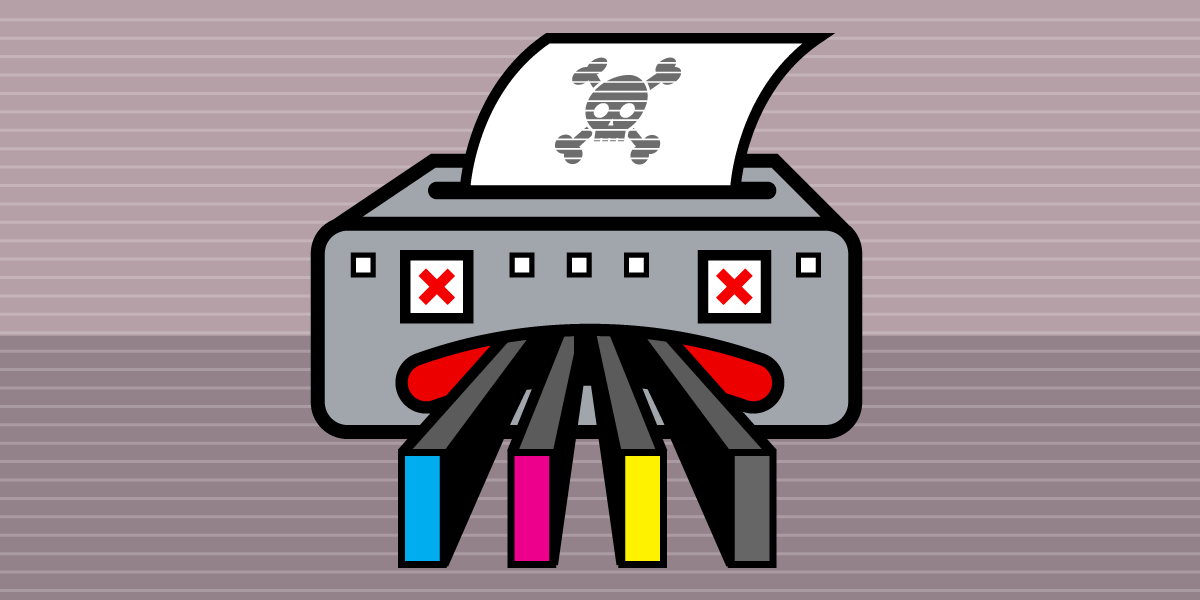
Back in November, I published an article for @EFF about @HP's latest printer-ink ripoff: after offering its customers a free-ink-for-life plan, it unilaterally switched them all to a $1/month-for-life plan.https://t.co/bsc73xPSuo
— Cory Doctorow #BLM (@doctorow) February 18, 2021
1/ pic.twitter.com/tagduPupA5
Strength in numbers: The crisis in accounting.
https://t.co/DjfAfHWpNN
4/
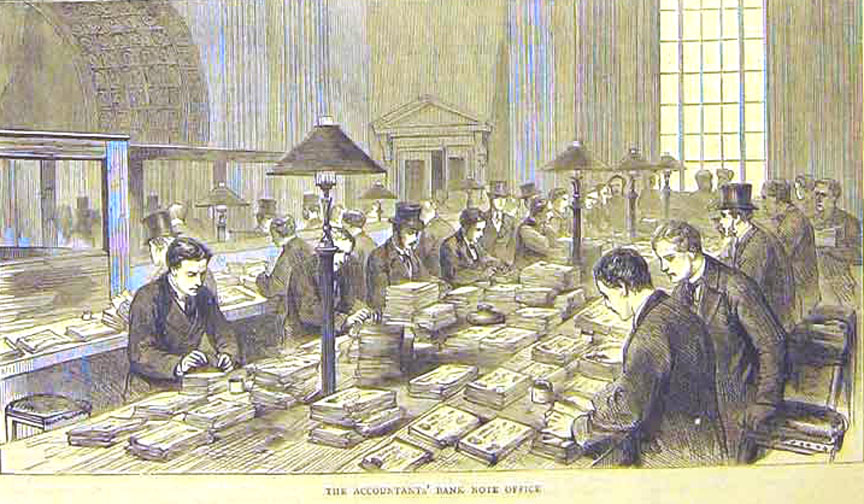
Accountancy is more likely to be mocked than celebrated (or condemned), but accountants, far more than poets, are the unacknowledged legislators of the world.
— Cory Doctorow #BLM (@doctorow) February 18, 2021
1/ pic.twitter.com/FaNQc66gQN
#15yrsago Bad Samaritan family won’t return found expensive camera https://t.co/Rn9E5R1gtV
#10yrsago What does Libyan revolution mean for https://t.co/Jz28qHVhrV? https://t.co/dN1e4MxU4r
5/
